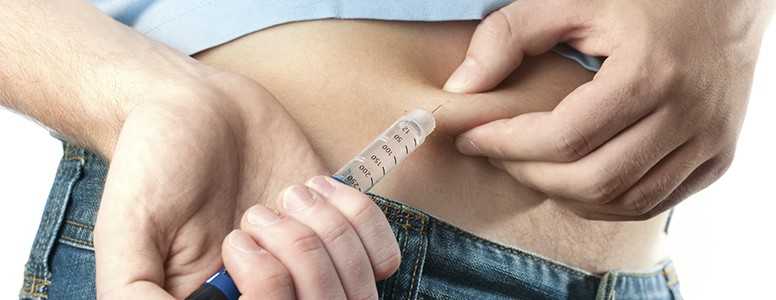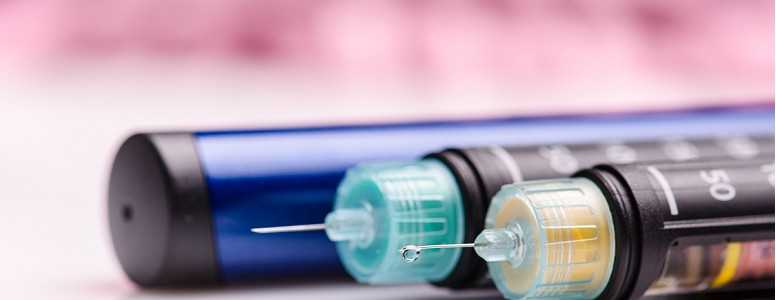Scientists in Amsterdam trialled a procedure on people with type 2 diabetes to great effect. The researchers have described their findings as spectacular, but the full extent of long-term safety will still need to be shown.
The results come from a study on 50 people and indicate that the technique, which takes an hour to perform, is successful even a year on.
The procedure involves inflating a balloon with hot water inside the small intestine. This burns off the mucous membrane which lines the gut and, two weeks later, a new membrane grows. This process seems to improve blood sugar control and it was found that 90% of the patients still had stable blood sugars even a year after the treatment.
They conducted the experiment to explore the association between the mucus membrane absorbing nutrients in the small intestine and insulin resistance in those with type 2 diabetes.
Professor Jacques Bergma, from the research team, said: “Because of this treatment the use of insulin can be postponed or perhaps prevented. That is promising.” Bergman added of the procedure that it was “amazing that people suffer very little from this.”
Speaking to Nederlandse Omroep Stichting, a Dutch broadcaster, he added: “With those people we see a spectacular improvement in blood sugar levels one day after the operatio, before they even lose one kilo, which has put us on the track.
“Because the question now is whether this is a permanent treatment, or whether it is something that you have to keep repeating – something that in theory should be possible. We looked at whether we could stop their insulin, which is still ongoing, but the first results are truly spectacular, with the lion’s share of patients no longer using insulin after this treatment.”
The findings from the study were presented at a conference which took place this week in Vienna. Next, the researchers will conduct a bigger study involving 100 people.
Type 2 diabetes can be prevented or placed into remission by lowering carbohydrates. So far over 370,000 participants have signed up to the Low Carb Program developed by Diabetes.co.uk and launched on World Diabetes Day 2015.
One-year results from the Low Carb Program, published in the summer, show one in four users put their type 2 diabetes into remissio, with significant reductions in weight, HbA1c and medication use.
What's new on the forum? ⭐️
Get our free newsletters
Stay up to date with the latest news, research and breakthroughs.







